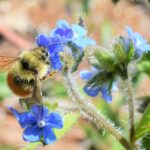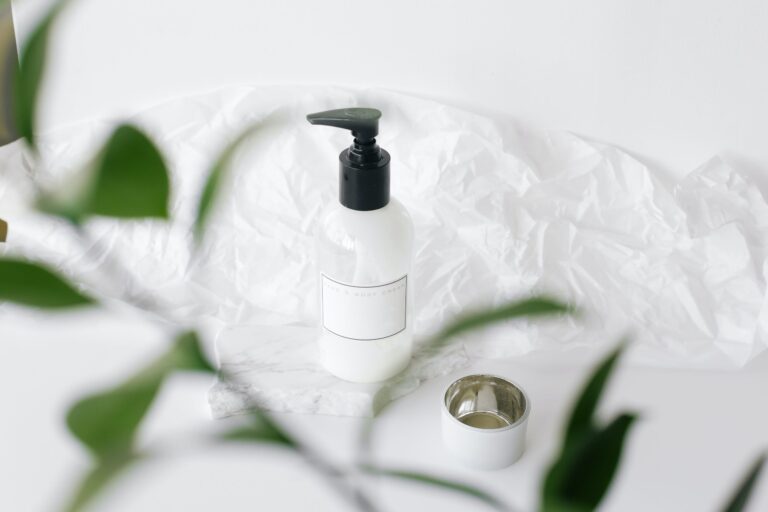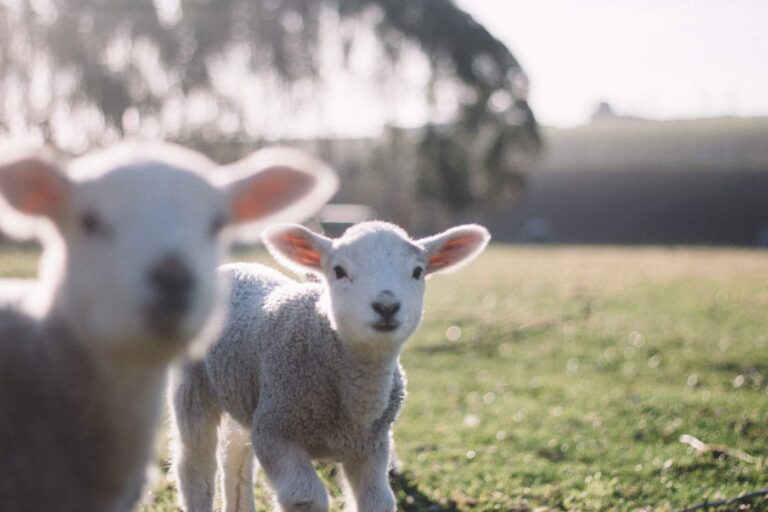Pollinator-Friendly Vegetable Garden: Growing Food While Supporting Biodiversity
 If you are looking for ways to live more sustainably, you have probably read about the joys of vegetable gardening. But did you know that growing veggies at home isn’t just a great way to put food on your table? It’s also an important way to boost biodiversity and slow pollinator decline.
If you are looking for ways to live more sustainably, you have probably read about the joys of vegetable gardening. But did you know that growing veggies at home isn’t just a great way to put food on your table? It’s also an important way to boost biodiversity and slow pollinator decline.
Why Do Vegetable Gardens Need Pollinator-Friendly Plants?
Pollination is the process of transferring pollen from a male anther of a flower to the female stigma. This results in fertilization and allows fruits and seeds to form. Typically, pollinators carry out this pollination while they feed on the nectar and pollen the plants produce. Since many vegetables are technically fruits — things like cucumbers, squashes and peppers are fruits that contain seeds — pollinators are essential for a successful harvest.
However, pesticides and habitat loss threaten pollinators worldwide. Some species of bumblebees have declined by almost 96% in recent decades.
Yet, it is estimated that 75% of the world’s food crops depend on pollination, at least in part. By planting pollinator plants in your vegetable garden, you can help halt this decline by providing vital food for pollinators and enjoy your delicious harvests.
How to Attract Pollinators to Your Vegetable Garden
The key is understanding what pollinators need and how to design your garden with them in mind. Here’s how.
Use Companion Planting Techniques
Companion planting means planting flowers and pollinator-friendly plants right in among your vegetable plants. Doing so helps attract multiple pollinators who can then pollinate your vegetables, too.
By planting vegetables and flowers together, you could also increase your harvest yields. For example, marigolds help repel cabbage worms, and as an added bonus, the flowers are edible and taste great in a salad.
Planting herbs among your vegetables is also a great way to embrace companion planting and makes sense for your dinner table. Many grow in clusters, which allows pollinators to conserve energy while gathering pollen, and some herbs also provide nesting places.
Think about adding oregano or marjoram and allowing some of them to flower after you have harvested the leaves. You can also choose herbs grown for their flowers, like borage or calendula.
Plant a Wide Variety of Vegetables and Flowering Plants
Choose a mix of vegetables to match your preferences, but try to incorporate those that need direct insect pollination. Include some that do not, too, like root vegetables and leafy greens.
When choosing flowers to plant, opt for a mix of annuals and perennials, and try to have flowers that will bloom across the seasons to sustain pollinators year-round. Some of the best pollinator plants for your vegetable garden include sunflowers, zinnias, coneflowers and nasturtiums.
Include a Water Source for Pollinators
While they are busy pollinating your veggies, bees and other insects need good, safe access to water. A shallow bird bath is always a good idea. Add stones or rocks to it so small pollinators can climb down to drink without falling into the water.
Butterflies drink from puddles or moist earth, so keep your vegetable garden well watered. Birds may drink from ponds, if you have space for one. Taper at least one edge of your pond into a very shallow slope so all pollinators can drink safely.
Use Only Natural Pesticides
Natural pesticides are a great way to maximize your harvest without harming pollinators or impacting your family’s health. Some options here include:
- Diatomaceous earth: Spread this powder around each plant to keep away ants and larvae.
- Mesh bags: Simple but effective! Just tie bags around your ripening vegetables.
- Homemade pesticide sprays: Use onions, garlic and hot peppers to make a spray to repel pests without harming pollinators.
- Beneficial nematodes: These tiny worms are predators that feed on pest larvae, keeping your vegetable garden in tip-top condition.
Think About Pollinator Nesting Areas
A good variety of pollinator garden plants will provide food for bees, butterflies and other pollinators, but what about somewhere for them to nest? Seventy percent of solitary bee species nest underground, perhaps right under your feet.
To help these important pollinators, try to leave areas of your vegetable garden free from mulch or anything else that prevents bees from digging. It’s also a good idea to leave fallen leaves where they settle. Leaf litter can offer nesting places for these bees and support a wide range of other insects, beetles, and spiders, turning your vegetable garden into a thriving ecosystem.
You could also consider adding wooden logs to your garden, or creating a “bee hotel” for the 30% of solitary bee species that nest in cavities above ground. By creating habitats and nesting areas for pollinators in your vegetable garden, you will benefit from increased pollinator activity, and they will benefit from living right next door to their food.
Squash Bees: An Example of How Vegetable Gardens Can Boost Biodiversity
This all sounds good in theory, but you may be wondering whether your humble vegetable garden can really play a role in supporting biodiversity. Yes, it can, and squash bees are a case in point.
Squash bees feed almost exclusively on squash pollen and are a solitary bee species native to North America. However, they are very susceptible to pesticide poisoning and have been in decline.
Research has shown that these bees are far more effective at pollinating squash than honey or bumblebees. While they could pollinate as much as two-thirds of commercially grown squash, they’re also likely to make a stop by your garden. So, by planting squash in your vegetable garden and being mindful of pollinator habitats, you could make a real difference to the survival of this native species.
Attracting Pollinators to Your Vegetable Garden is Important
The world needs pollinators for a successful harvest of many much-loved vegetables. They need humans, too, to stave off insect decline and provide green corridors of valuable food and habitats. Choosing pollinator plants for your vegetable garden is a win-win for your family and for nature, so follow the advice here and watch your veggies thrive. Happy harvesting!


